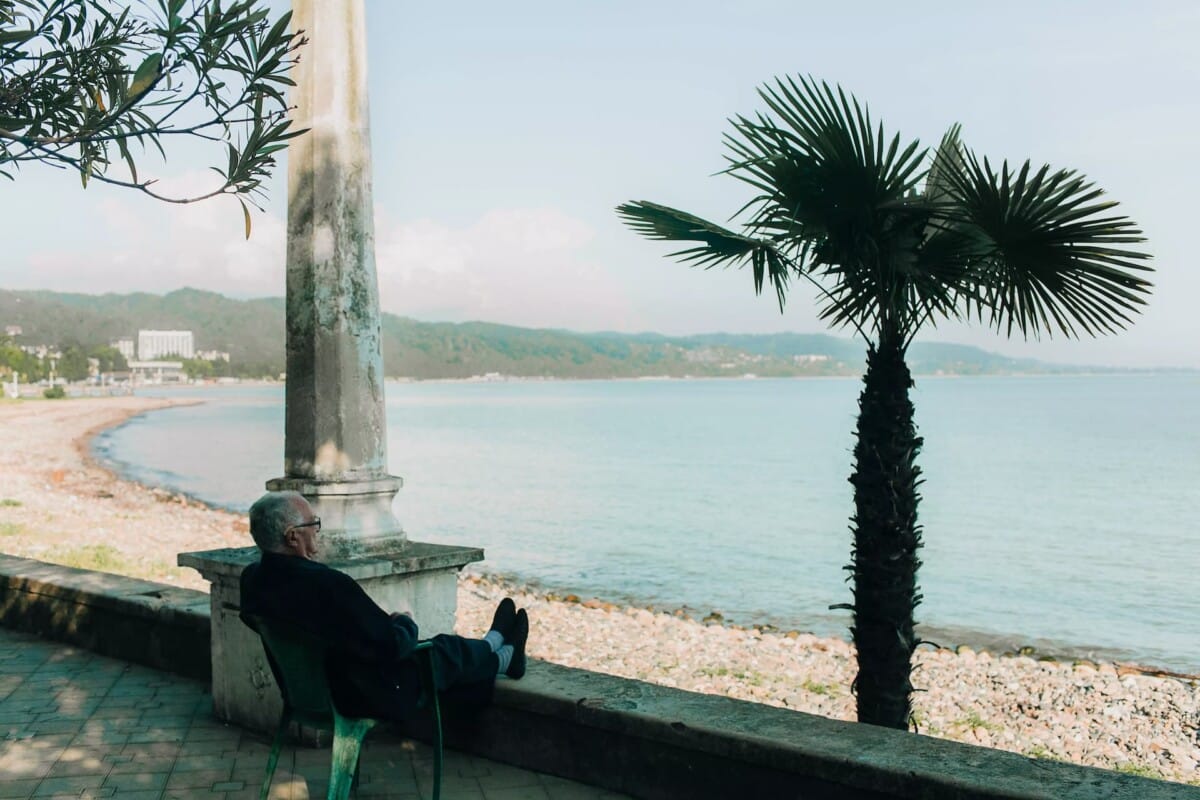How to Travel Safely in Retirement

Retirement can be a great time to go travelling: you’re free of the burden of work, you might have been able to draw a lump sum from your pension pot, and it’s likely that your children are independent, no longer at home, and therefore not as reliant on you to be around as they might have been in the past.
All of these things can offer up a great amount of freedom, meaning a trip abroad (whether for a few days or even for longer) might very well be on the cards.
Travelling abroad post-retirement can come with a few risks, though, so it’s important to plan ahead so that you don’t run into any trouble whilst you’re away. Here’s some advice on how you can minimise the risks associated with travelling after you’ve retired, ensuring your trip is both enjoyable and safe.
Make sure you’ve got all the right equipment
Planning on walking a lot or even hiking whilst you’re away? If so, it’s important to make sure you’ve got all the right equipment. You don’t want to catch a cold (or worse) because you haven’t brought thermals or a sturdy walking coat with you, and you don’t want to risk falling or twisting an ankle on uneven ground because you haven’t got the right boots.
Make sure you visit a specialist outdoors shop such as Cotswolds, Blacks or Millets and ask for advice before you travel if you’re thinking of incorporating these kinds of activities into your holiday.
Make sure you’ve got insurance
If anything does go wrong whilst you’re away you might need to call on your insurance provider to settle hospital bills or get cover for lost or damaged items, so make sure you’ve got a robust and comprehensive policy. If you’ve got an illness or health needs you might need specialist insurance, so be aware of this.
Order any medication far enough in advance
If you regularly take medication, you might need to stock up before you go away. This is especially true if you’re going on an extended trip, for a few weeks or even a few months. Make sure you make visiting your doctor a priority when you begin travel planning so that they’ve got time to organise the medicines that you need.
Check the accessibility of the places you plan to visit
It’s an unfortunate truth that not everywhere you might want to visit will be accessible if you’re in a wheelchair or have reduced mobility, or if you’re travelling with a friend or family member who is in this situation. To the best of your ability you should check online to see what the situation is with places, you plan to visit and make your plans accordingly. Places you should look into include:
- Hotels
- Tourist attractions, such as museums
- Major railway stations
Avoid loneliness if you’re travelling alone
Solo travel is undoubtedly an exciting prospect, which can instil a sense of freedom that is difficult to capture in any other way. There can be moments of loneliness, though, when you’re travelling alone. You’re very unlikely to be booking into hostels alongside the backpacking teenagers, so how can you ensure you meet people and get a sense of the local flavour at the same time?
A great answer is homestays, where you live with a local family in their home and often eat your meals with them, too. Homestays can be an authentic, safe and cost-effective way to travel. Meeting fellow travellers or locals and socialising with them can offer a sense of security if you’re in busy, crowded or unfamiliar places, too.
Once you’ve covered all the essentials that we’ve discussed above, it’s time for the exciting part: working out where you’re going to go! Here are some ideas for retirement-friendly holiday destinations, from Orlando in the USA to Thailand, Peru and the French Riviera. Happy travelling!

